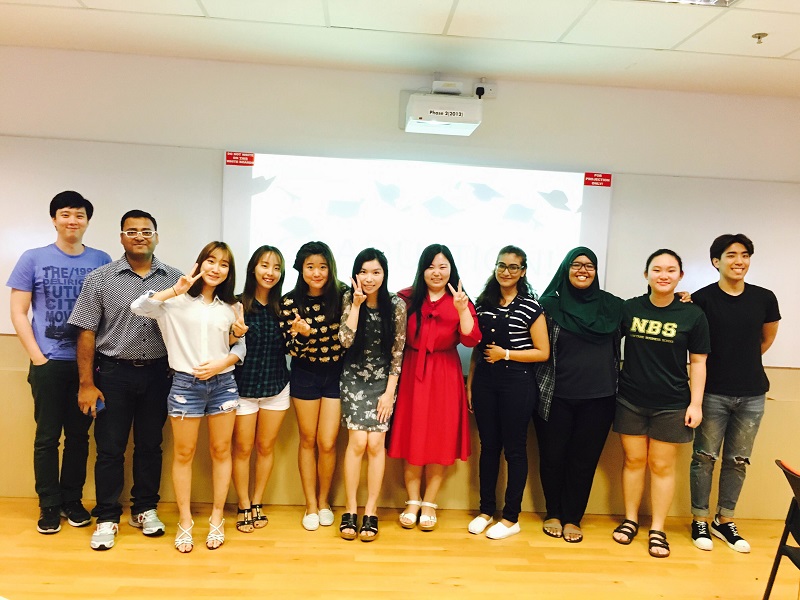
Are you trying to learn Korean language? Well, maybe! You can readily find some useful Korean language online college courses, and start your language learning journey. But do you know how long does it take to learn a language? Maybe not? Alright, in this post I’ll share my language learning experience.
Related post – Learn Chinese Fast!
Stay with me for a while!
Learning Guitar vs. Violin
When it comes to learning the arts, there are certain hidden patterns shared by its different sub-disciplines. For example, mastering music is equally not easy.
In early 2015, it had already been quite some time since I was learning guitar, and now I wanted to try some other instrument. I was impressed by violin as well, and went on to buy a violin in Singapore.
At the store’s counter, I asked the saleslady, “Which instrument is easy to learn? Guitar or violin?” The lady smiled and calmly replied to me, “Guitar is easy to pick up. However, if you want to be a professional, then both the guitar and violin require years of practice with dedication. None of them are easy.” I was quite impressed by her reply.
As the time passed, I gradually realized what the lady had advised me. After all, the guitar practice was consuming a lot of time. Although, I bought a violin that day, I kept my hands on a guitar. As such, I rarely practiced violin.
I find the example to be applied to several walks of life, such as learning the languages.
Learning Mandarin vs. Japanese vs. Korean
In my university in Singapore, I was a member nearly 30 clubs during my whole period of graduate studies. The club list included –
- Japanese Appreciation Club (JAC)
- Chinese Society (CS)
- Korean Cultural Society (KCS)
These clubs were full of competent people in corresponding cultures. For example, in JAC, we had so many students (mostly Singaporean) highly proficient about Japanese culture, including Japanese language. Similarly, CS was full of native Chinese speakers. In KCS we had Korean students (including exchange students) who were teaching Korean language at both beginners and intermediate level.
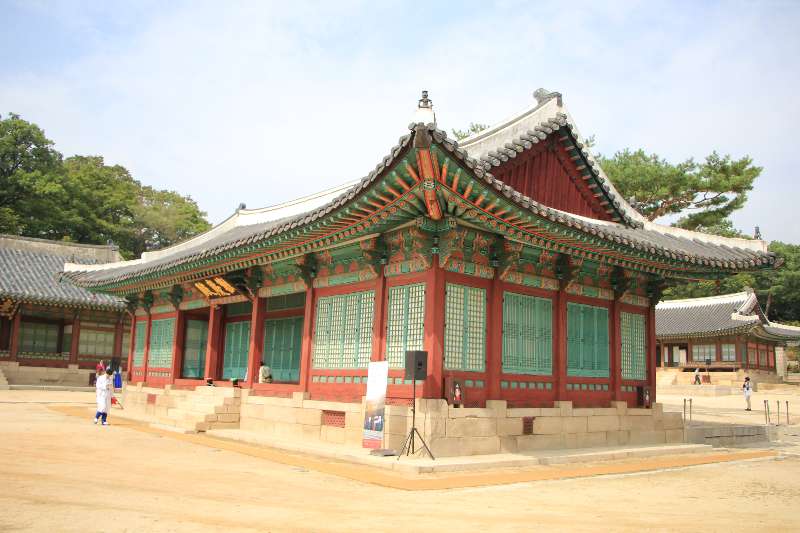
After joining these clubs, I started getting to know the Asian cultures.
For example, I tried hands on Chinese calligraphy, learned a few Chinese songs, downloaded WeChat, started learning Mandarin, and so on. However, soon I realized that Mandarin was quite a difficult language, even to begin with. The language is full of several thousands of characters. The tones were very crucial. A slight change in a tone can change the whole meaning of a word (and may be whole sentence).
In fact, I met several students from the mainland China who were native Chinese speaker, were still learning Mandarin. Although not impossible, Mandarin seemed to be a language very difficult to master. Nevertheless, the beauty of Mandarin is that the grammar part is quite easy – as long as you know the characters, you just need to put them together in a certain order.
Learning Japanese
I decided to switch to Japanese, and again realized similar issues. The language turned out to be full characters. Moreover, there were not many Japanese students around, so practicing Japanese languages was not easy either.
Korean Language
Now it was time to try Korean language. I started learning the Korean, and found that the language was easy to pick up. In fact, you can master the Korean alphabet (Hangul-한글) may be within a couple of days. The alphabet is similar to the English alphabet in a way that it contains vowel and consonants. Moreover, the language follows a fixed pattern of subject-object-verb (or subject-adjective).
My Korean language learning journey had begun. I was fortunate enough to find some good study material as well.
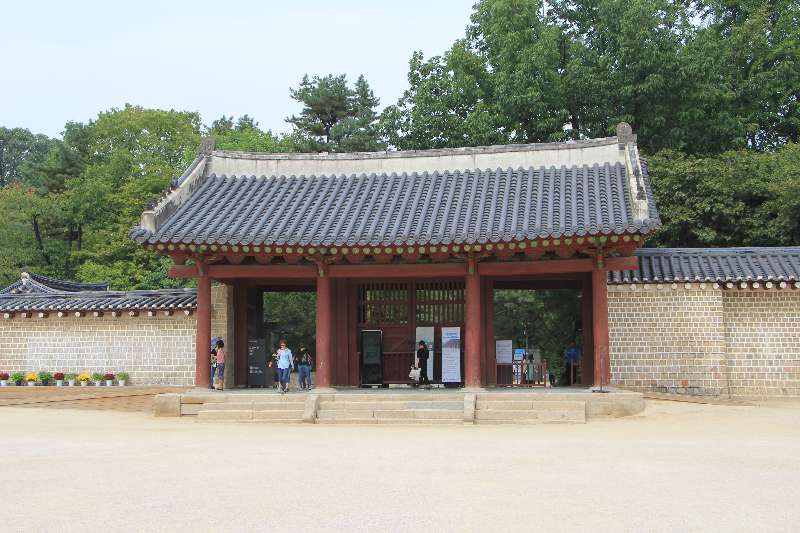
Korean was not easy!
I realized that the Korean grammar was very complicated. For example, when you speak Korean, you have to add two important components to every Korean sentence:
- Respect – you need to give proper respect to the person you are speaking to, for example, with an addition of Yo (요). The respect would vary based on the person you are communicating with (and communicating about). There are broadly three types of respect in Korean language
- Informal low respect – used with friends, juniors, subordinates.
- Informal high respect – used with parents, elders etc.
- Formal high respect – used in official communication – with your boss, manager, for example.
- Tense – you have to clearly specify tense of a sentence (past, present, future).
Collectively, these two steps of annotating a Korean sentence are referred as “conjugating” a Korean sentence.
Btw, when I was in Korea I tried to use as much Yo’s as possible – to ensure that nobody was getting offended – or at least less offended. 🙂
Korean language online college courses timings
How long does it take to learn Korean? It depends. I will give you some estimates here.
After I started learning Korean, I later (or sooner) realized that it takes around 6 months to memorise about 1000 Korean words. To be able to have a basic conversation with a native Korean, you need to learn nearly 3000 words. Basically, it may take 1.5 years to memorise 3000 words.
Once you have mastered 3000 words, only then you can call yourself an intermediate level Korean learner. However, these 3000 words are really not sufficient. For example, if you take a Korean newspaper for reading, or hear the Korean president’s speech, or listen to a K-pop song, you may have absolutely no clues what’s going on!
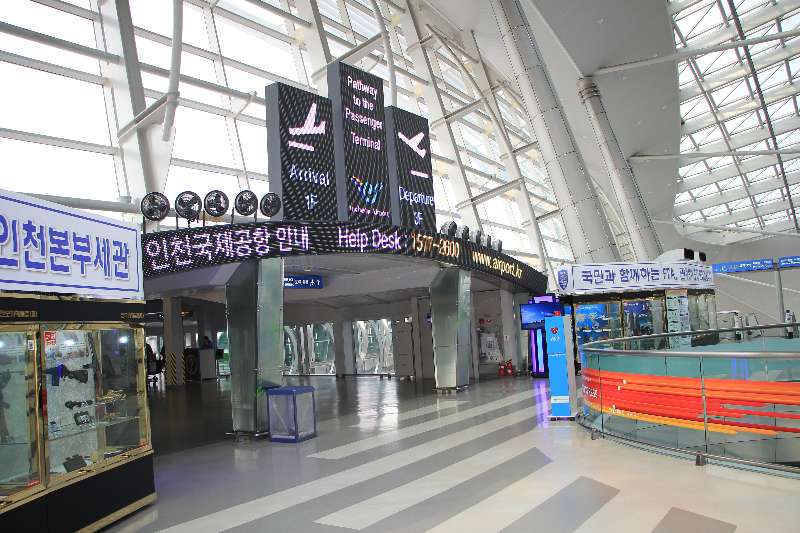
Moreover, I realized that the native Koreans use around 25,000 words (may be more) in daily life conversations. That means, to speak like the natives, you need to spend several years learning this “easy to pick-up language”.
The best way could be to go Korea and spend at least 4-5 years there doing everything from daily life business in Korean. The environment will force you to learn Korean in a faster and efficient way! You can probably explore on Quora- Korean language online college courses timings.
My Current Korean language ability
By now I am sticking with Korean. Since early 2016, I am trying to read Korean language 2-3 hours virtually every day. I have crammed around 2000 words and I’m getting to know Korean grammar as well. But I still consider myself as a beginner, and need to do lots more listening/speaking practice.
Koreans know Korean language better
One important point, that seems to be the case, is – Koreans really know way too much about the Korean language. This might sound weird to you – as it’s obvious that Koreans would know Korean language.
But allow me to explain.
There are 22 officially recognized languages in India. In fact, it’s quite common that the Indians speak/know so many languages. But if you ask a random Indian guy what is computer word “Font” called in Hindi (for example), trust me many people in India cannot tell you.
The reason being – because Indians usually use computer facilities in English language. So for simple compute terms like Fonts, Insert, References, it’s likely that a person in India doesn’t know the corresponding word in the local language.
But if you ask a native Korean the same question (e.g. what is “Font” in Korean), they will tell you – because their computers heavily use Korean fonts. Same is the case with China.
A Hindi speaker can speak complicated Hindi sentences, but he may not necessarily know Hindi grammar. But Koreans do know Korean grammar well.
Hope it’s clear what I am trying to explain here.
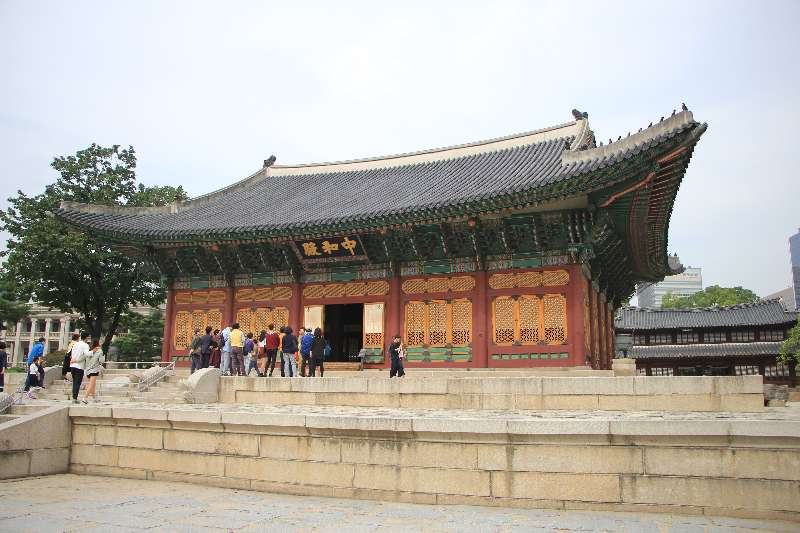
So, how long does it take to learn a Language?
So coming back to the point we started – a language is easy to pick up doesn’t mean it’s easy to master! If you want to learn a new language (or a musical instrument) – you need to really spend a lot of time – may be years and years!
That’s all for this post.
Got queries? Cool. Feel free to post in our forum so that others could also contribute and learn. Let’s build a healthy community. 🙂
If you find the write-ups useful, buy me a beer! 🙂
You can also check out my other posts about arts, or the travelling. You can also find more about me.
Let me know your suggestions if you had a chance to explore a new language altogether. Although I have mostly talked about the Korean language, I hope now you have a better idea about how long does it take to learn a language.
Comments and suggestions are always welcome.
Rock on!
Last updated: Monday, June 25, 2018